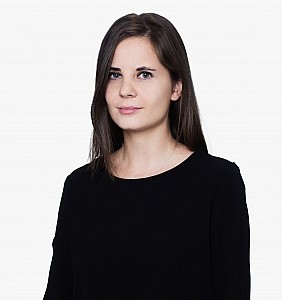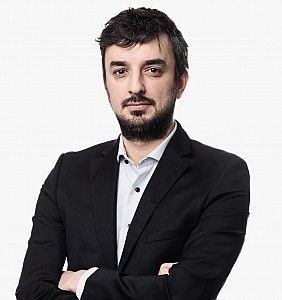Unitary Patent & UPC
The Unitary Patent (UP) is a single patent covering all EU Member States that are participating in the system. The prosecution of an EP application will remain unaltered and will be conducted by the EPO. Once granted, the patentee can file a request for Unitary Effect (to be filed within one month after the grant), thereby enjoying coverage in all participating EU member states. The Unitary Patent omits the necessity to validate a granted European patent in the national states of interest and also omits the many translation requirements that to date are linked to the validation of a European patent. The translation requirements are rather limited: if the language of the proceedings was English, only one translation in any language of the Member States is required. If the procedural language was French or German, a translation to English will be needed. Hence, every European patent will now always be available in English. In addition, only one maintenance fee is to be paid yearly for EU coverage. It is believed that the latter will contribute to a more democratic and more cost-effective patent system in the EU.
The drawback is that not all EU countries will participate from the start. Spain, Croatia and Poland have not signed the Agreement, and Brexit logically also resulted in the UP-exit of Great Britain. In addition, many non-EU members that are Contracting States of the EPC such as Switzerland and Norway will not take part. For those members who are not part of the UP system, patent protection can be sought via the national or classic validation route.
The Unified Patent Court (UPC)
Together with the Unitary Patent, the Unified Patent Court also saw the daylight in 2023. The Unified Patent Court or UPC is an international court with exclusive competence that deals with infringement and validity of classic European and Unitary patents. The decision of the court will have automatic effect in all participating member states. Hence, one will be able to enforce or lose its patent for the whole EU. Before the launch of the UPC, patent litigation in Europe was only dealt with on a national level, often resulting in divergent judgments throughout Europe and high cumulative costs due to the many separate procedures.
The UPC not only has jurisdiction over granted Unitary patents, but can also decide on regular European patents that are validated in the member states, unless the proprietor explicitly requests withdrawal from the UPC. Such a request is called an 'Opt-Out'. From the start of the UP and UPC there is a transitional period of 7 years (possibly extended to 14 years) during which the UPC acquires joint jurisdiction over European patents together with the national courts, unless the proprietor has withdrawn from UPC. Enforcement of a European patent can take place before the UPC or before a national court. Invalidation actions or actions for declaration of non-infringement can be initiated either at the UPC or before the competent national courts in respect of that European patent.
After the expiry of the 7 or 14 year transitional period, the UPC will acquire exclusive jurisdiction of all European patents and pending applications that have not been opted-out.
More information about UP and UPC can be found at www.unitarypatent.eu.
Services
Do you have a question?
We would be happy to assist you.
Make an appointment with one of our experts.
Rest assured, you're not alone.
Feel free to browse through the FAQ and don't hesitate to
contact us if you still have any doubts.




